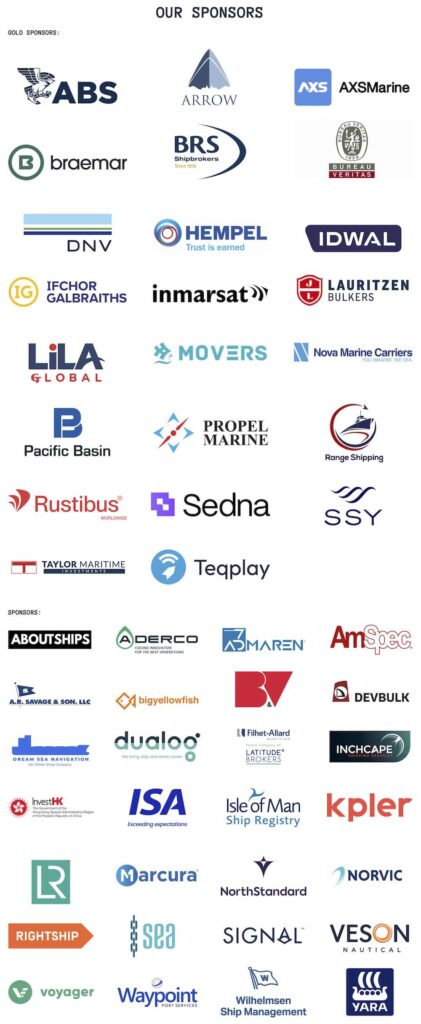Geneva Dry Dialogues: Bureau Veritas

Matthieu de Tugny, president of marine and offshore at Bureau Veritas, is touching down in Switzerland ahead of his panellist slot on Friday’s decarbonisation panel at Geneva Dry, the premier global commodities shipping gathering.
It’s a topic he’s well prepped to discuss and is keen to share some of his thoughts prior to joining the panel.
“Dry cargo has not been driven by the same pressures or incentives as other shipping sectors, so owners have not felt they are in such a position to invest,” de Tugny says. “Their trading patterns, many ports, many different types of cargo, do not so easily enable them to make decisions about the future and see a payback, or lock in fuel supply contracts even if fuel availability and pricing could be made to work.”
Nevertheless, the revised roadmap agreed by IMO at MEPC 80 last year will drive change, he argues, as will EU requirements such as FuelEU Maritime and the Renewable Energy Directive (RED).
“Even if owners are still waiting for the future fuel outlook to become clearer owners know they must move so we will see ever more focus on finding efficiencies, energy saving and operational measures using digital tools to reduce fuel burn and, consequently, emissions,” de Tugny says.
With high waiting times in ports dry cargo is a sector that can find considerable efficiencies by both reducing waiting time, de Tugny points out, something which will also have the effect of reducing CII ratings, or seizing the potential to decarbonise the time in port or while at anchorage by providing shore-based power or power barge connections.
One area where bulk and general cargo are ahead, de Tugny says, is in wind propulsion.
“Highly visible initiatives such as Cargill’s, Berge Bulk, LDA – and more all point to change. And, importantly, they provide for a changing image for bulk carriers and the sector,” de Tugny reckons.
Bureau Veritas expects to see many more alternative fuels capable bulk carriers being ordered from the low base today but take up will still be slower than most other sectors. There’s likely to be more focus on ships being built with specific design or fuel factors for specific ship types.
“Newcastlemax ships on fixed routes may be most suitable for ammonia as a fuel, with purchasing at scale, in green corridor type structures,” de Tugny suggests.
Alongside de Tugny in Friday’s decarbonisation session are Arthur English, CEO of G2 Ocean, Christian Bonfils, CEO of the Copenhagen Commercial Platform and Eman Abdalla, global operations director at Cargill Ocean Transportation. The session will be moderated by Mette Asmussen, lead for maritime sector initiatives at the World Economic Forum.
Designed to be the annual global summit for the dry bulk shipping community, Geneva Dry now boasts an extraordinary mix of shipowners, trading companies, miners and tech providers, with more than 270 companies due to convene from tomorrow at the Hotel President Wilson on the shores of Lake Geneva.

